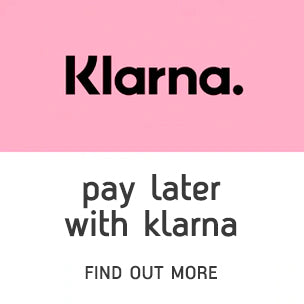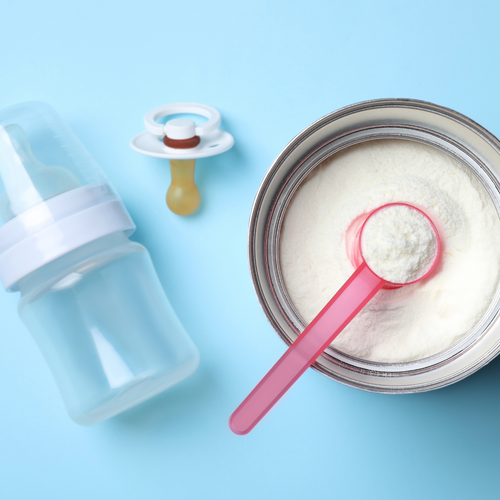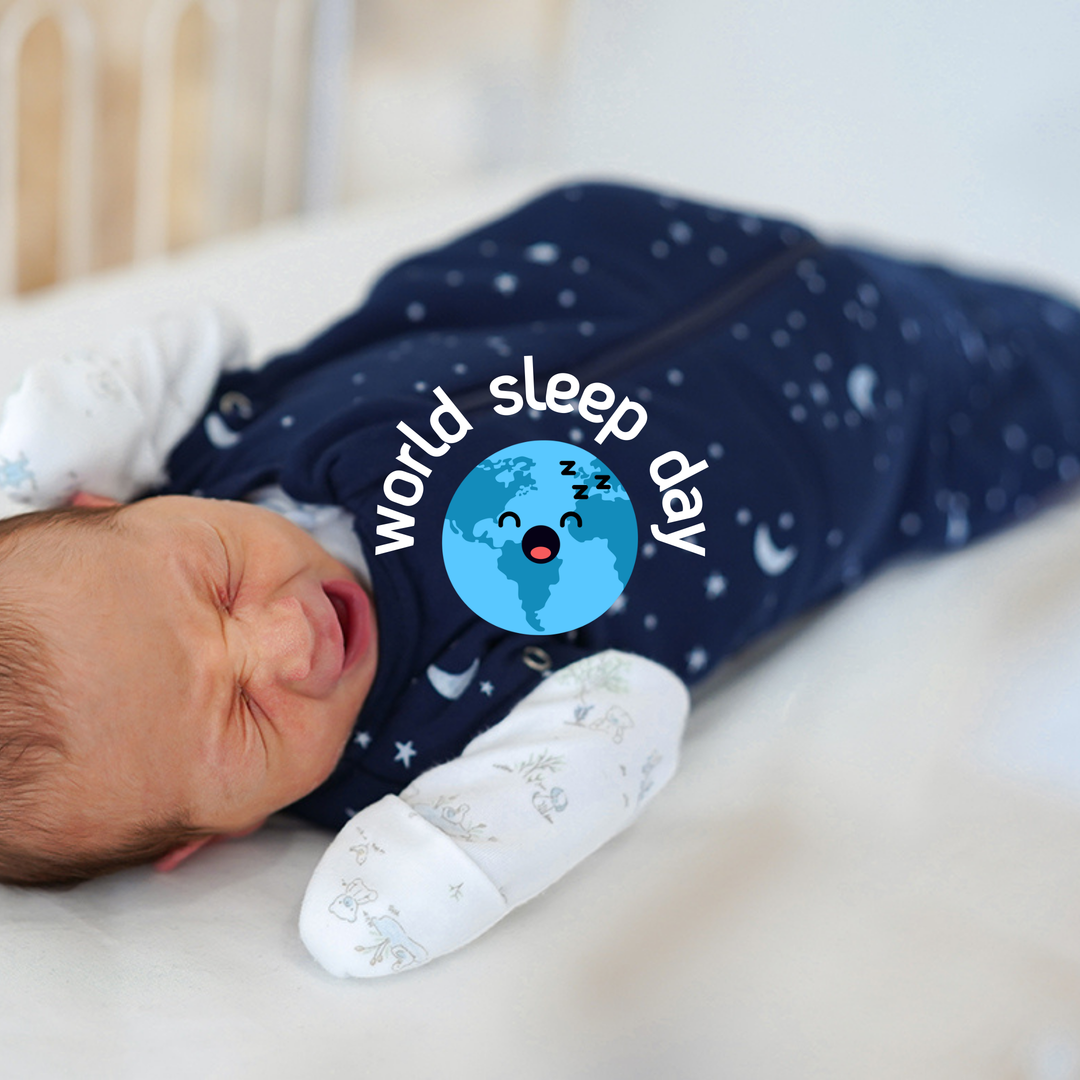Best Baby Formula Milk Brands
Choosing the right formula for your baby can feel overwhelming with so many options available. The good news is that all infant formulas sold in the UK meet strict nutritional standards set by law. This means they provide essential nutrients for your baby’s healthy growth.
Some brands include added ingredients like prebiotics or DHA, but these extras don’t necessarily make one formula better than another. Claims like “closest to breastmilk” sound great but aren’t proven to make a real difference.
Most Popular Formula Brands
In a 2024 survey of over 2,200 parents, these were the most commonly used formula brands:
- SMA: Trusted by 25% of parents
- HiPP: Used by 24% of parents
- Cow & Gate: Preferred by 13% of parents
Most parents choose brands based on recommendations or trust, but remember that all approved formulas provide similar nutrition.
Cheapest First Infant Formula
If budget is a concern, here’s how some popular formulas stack up over a six-month period:
| Brand | Average Cost (Per 6 Months) |
|---|---|
| Aldi Mamia First Infant Milk | £204.87 |
| SMA Little Steps First Infant Milk | £228.16 |
| Aptamil First Infant Milk | £398.72 |
Aldi’s Mamia brand is the most affordable, costing almost half as much as premium brands like Aptamil over six months!
Specialist Baby Formula
Special formulas are available for babies with specific needs, like colic or lactose intolerance. Here’s a quick guide:
Comfort Formula
Marketed for babies with colic or constipation, this formula contains partially broken-down proteins. However, there’s no solid evidence it’s more effective than standard formula.
Anti-Reflux Formula
Designed for babies with reflux, this thicker formula helps milk stay down but should only be used under medical supervision.
Lactose-Free Formula
For babies with lactose intolerance, this formula is an alternative. Always consult your GP before switching.
Formula vs Breastmilk
While formula provides essential nutrients, it doesn’t offer the same health benefits as breastmilk, like protection from infections. However, formula is a safe alternative and can be used exclusively or alongside breastfeeding.
How to Prepare Baby Formula
Making formula safely is essential. Follow these steps:
- Wash and sterilise bottles and teats thoroughly.
- Boil fresh water and let it cool for no more than 30 minutes.
- Measure the formula powder using the scoop provided—don’t add extra!
- Avoid microwaving bottles as it can create hot spots.
FAQs About Baby Formula
Can I switch formula brands?
Yes! There’s no harm in trying different brands to see what works best for your baby. All formulas meet the same nutritional standards.
Does formula need to be warmed?
Not necessarily. Formula can be served at room temperature or slightly warmed—just avoid overheating.
Do I need follow-on formula?
No. The NHS states that first infant formula is sufficient for your baby’s first year. Follow-on formulas are not necessary.
Is ready-made formula better than powdered formula?
No, both forms meet the same nutritional requirements. Ready-made formula is more convenient but also more expensive.
Choosing the right formula can feel daunting, but remember that all approved brands are safe and nutritionally complete. Focus on what works best for your baby and your family’s needs!











